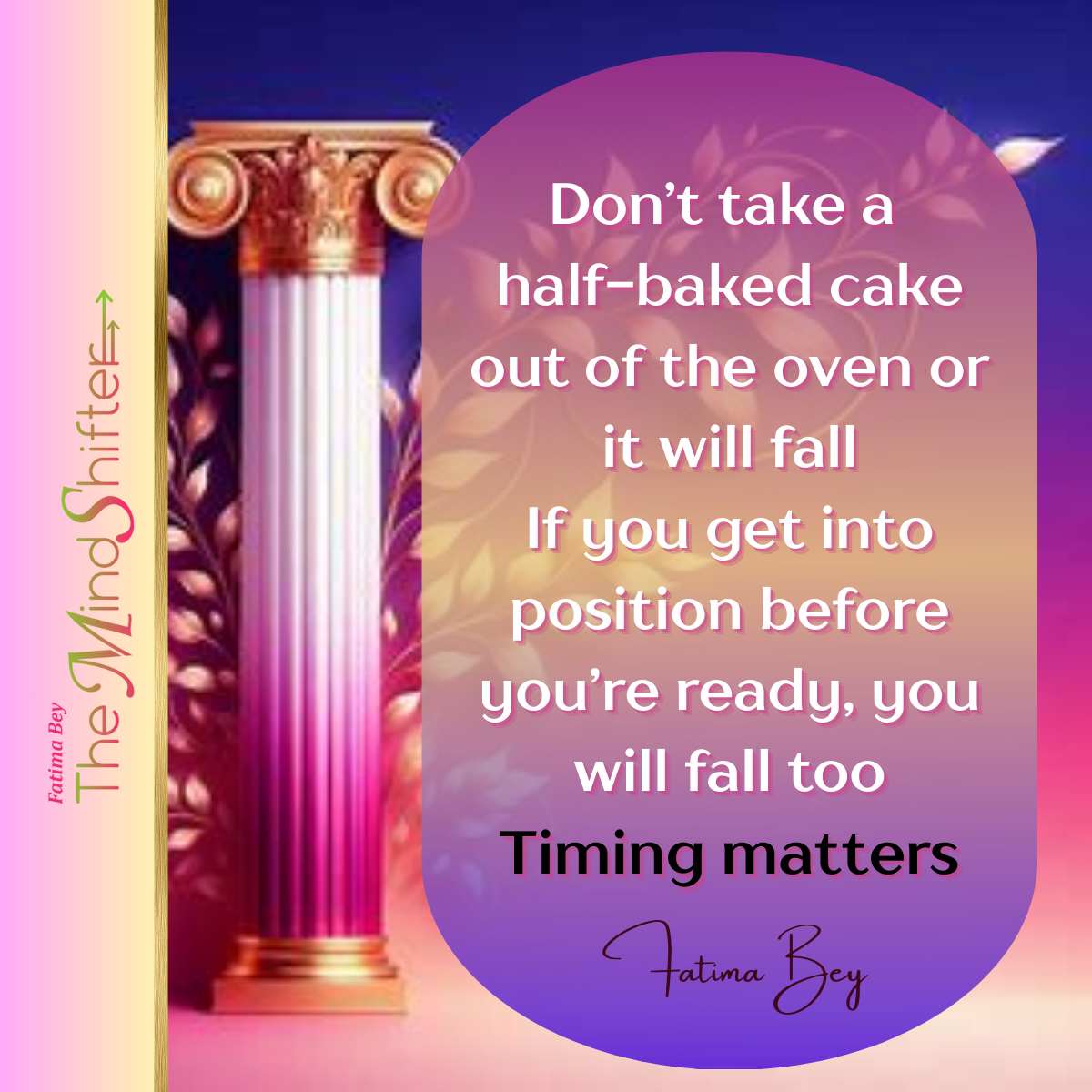Alone Doesn't Mean Lonely But They Do Swim in the Same Pool
If this made you think, it could do the same for someone else. Pass it on.

Alone Doesn't Mean Lonely But They Do Swim in the Same Pool
Have you ever noticed how being alone and feeling lonely seem so interconnected, yet fundamentally different? Like two swimmers in the same pool, they occupy the same space but move with entirely different purposes and experiences. One swims with confident strokes, embracing the water, while the other thrashes about, desperate to reach the edge.
The Illusion of Company
Think of loneliness as an empty glass that you keep trying to fill with water. No matter how much you pour in, there's a crack at the bottom letting everything drain away. This is what happens when we jump from relationship to relationship, desperately trying to avoid being alone. We find partners, move in together, share beds and meals and Netflix accounts – yet that glass remains empty because the problem was never about having someone physically present.
I've watched friends cycle through relationship after relationship, collecting partners like charms on a bracelet. Each new love interest brings the initial excitement, the temporary filling of that glass, only for the emptiness to return. Why? Because they were treating a loneliness problem with an aloneness solution.
Loneliness isn't cured by simply adding another body to the room. It's like trying to satisfy hunger by looking at pictures of food – the fundamental need remains unmet.
The Weight and Weightlessness of Solitude
Being alone is like floating in a perfectly still lake. For some, this floating feels peaceful – a weightlessness that allows you to breathe deeply and look up at the sky with wonder. For others, that same water feels threatening, the depths below mysterious and frightening. Same water, entirely different experience.
Consider the contrast between a Friday night spent alone reading a book that transports you to another world, versus a Friday night alone scrolling through social media seeing everyone else "living their best lives." In both scenarios, you're equally alone, but one feels enriching while the other feels isolating. The difference isn't in your physical state but in your perspective and engagement with that state.
The Crowded Desert Phenomenon
Imagine walking through a crowded shopping mall during the holiday season. Bodies press against you from all sides. Conversations and laughter surround you. Yet you might as well be walking alone through a desert for all the connection you feel. This is the paradox of modern loneliness – we can be physically surrounded yet emotionally isolated.
Now contrast that with sitting in comfortable silence with someone who truly knows you. Not a word needs to be exchanged, yet you feel profoundly connected. The external circumstances couldn't be more different, but the internal experience of connection is what matters.
This explains why someone can feel utterly lonely while lying next to their partner of many years. The physical proximity means nothing if there's an emotional disconnection between you. You can share a bed for decades and still feel like you're sleeping alone if true intimacy is absent.
The Relationship Carousel
Many people hop on what I call the "relationship carousel" – endlessly riding from one partner to the next, terrified of what might happen if the music stops and they're left standing alone. They confuse the act of being partnered with the feeling of being connected.
It's like constantly changing seats on a sinking ship instead of learning how to swim. Each new seat might feel temporarily safer, but none addresses the fundamental issue. The fear of being alone drives them into relationships that often leave them feeling even more lonely than they would have been on their own.
This fear creates a cruel irony: by never learning to be comfortable alone, they never develop the self-knowledge and inner resources that actually make meaningful connection possible. They bring their emptiness to each new relationship, expecting someone else to fill it, creating a burden no partner can possibly carry.
The Mirror Versus the Window
Being alone is like looking in a mirror – it simply reflects your physical state, showing one person standing there. Feeling lonely, however, is like looking through a window at a gathering you can't join – it's an emotional interpretation of your circumstances that involves comparison, yearning, and a sense of exclusion.
The mirror doesn't judge; it simply shows what is. The window, however, creates a narrative about what you're missing. This is why two people in identical circumstances can have completely different emotional experiences. One sees the mirror and thinks, "Here I am, complete and whole." The other sees the window and thinks, "There's where I should be, if only I weren't so alone."
Finding the Sweet Spot in Solitude
Think of solitude as a perfectly brewed cup of tea. Let it steep too long, and it becomes bitter with isolation. Don't let it steep enough, and it's weak and unsatisfying like shallow connection. But find the right balance, and it becomes a warm, comforting experience that nourishes from within.
The difference between refreshing solitude and painful loneliness often comes down to whether you've chosen it or had it imposed upon you, whether you're using the time for reflection and growth or simply marking minutes until company arrives.
It's like the difference between fasting and starving – one is a deliberate choice that can bring clarity, the other a desperate condition that weakens you. Same physical state, radically different context and meaning.
Connection: Quality Over Proximity
True connection isn't measured in hours spent together or physical proximity. It's like electricity – it's not about how close the wires are to each other, but whether there's a complete circuit that allows energy to flow between them.
You can sit knee-to-knee with someone and feel nothing if the circuit is broken. Or you can exchange a single authentic message with a friend thousands of miles away and feel your whole system light up with recognition and belonging.
This is why so many people feel lonely despite having a partner who shares their home, their bed, their daily routines. The wires are close, but no current flows between them. No vulnerability is exchanged, no authentic self revealed, no deep understanding cultivated.
Breaking the Cycle
Breaking free from the relationship carousel requires the courage to sit with yourself and feel what arises when external distractions fall away. It's like learning to hear your own heartbeat amid the noise of the world – uncomfortable at first, but eventually grounding.
When you can distinguish between being alone and feeling lonely, you stop treating the wrong condition. You realize that what you crave isn't just any warm body, but real connection – the kind that makes you feel seen, understood, and valued.
The most profound truth is this: real connection becomes possible only when you're no longer desperate for it – when you've become comfortable enough in your solitude that you can bring your whole, unneedy self to relationships. Like a plant that's firmly rooted in its own soil, you can intertwine with others without needing to extract your sustenance from them.
A Final Thought to Carry With You
The next time you find yourself alone, pay attention to whether you're simply experiencing solitude or slipping into loneliness. Are you looking in the mirror or gazing through the window? Are you floating peacefully or struggling against the water?
And when you next find yourself craving connection, ask whether you're seeking someone to save you from being alone or someone to share your already-complete life with. Are you looking for anyone to fill the space, or the right people who amplify who you already are?
Remember: alone doesn't mean lonely, though they do swim in the same pool. The difference lies not in the water, but in how you choose to move through it.
What would change in your life if you started seeing aloneness not as a problem to be solved, but as a skill to be mastered?
Fatima Bey The MindShifter
International Speaker, Coach & Creator of the MindShift Universe









